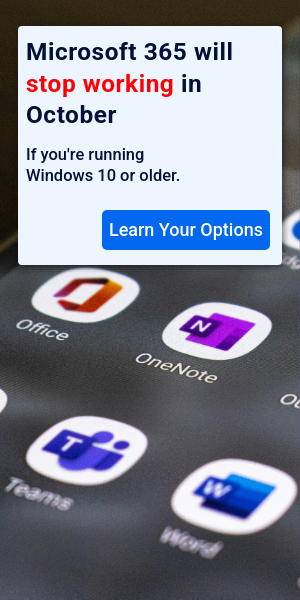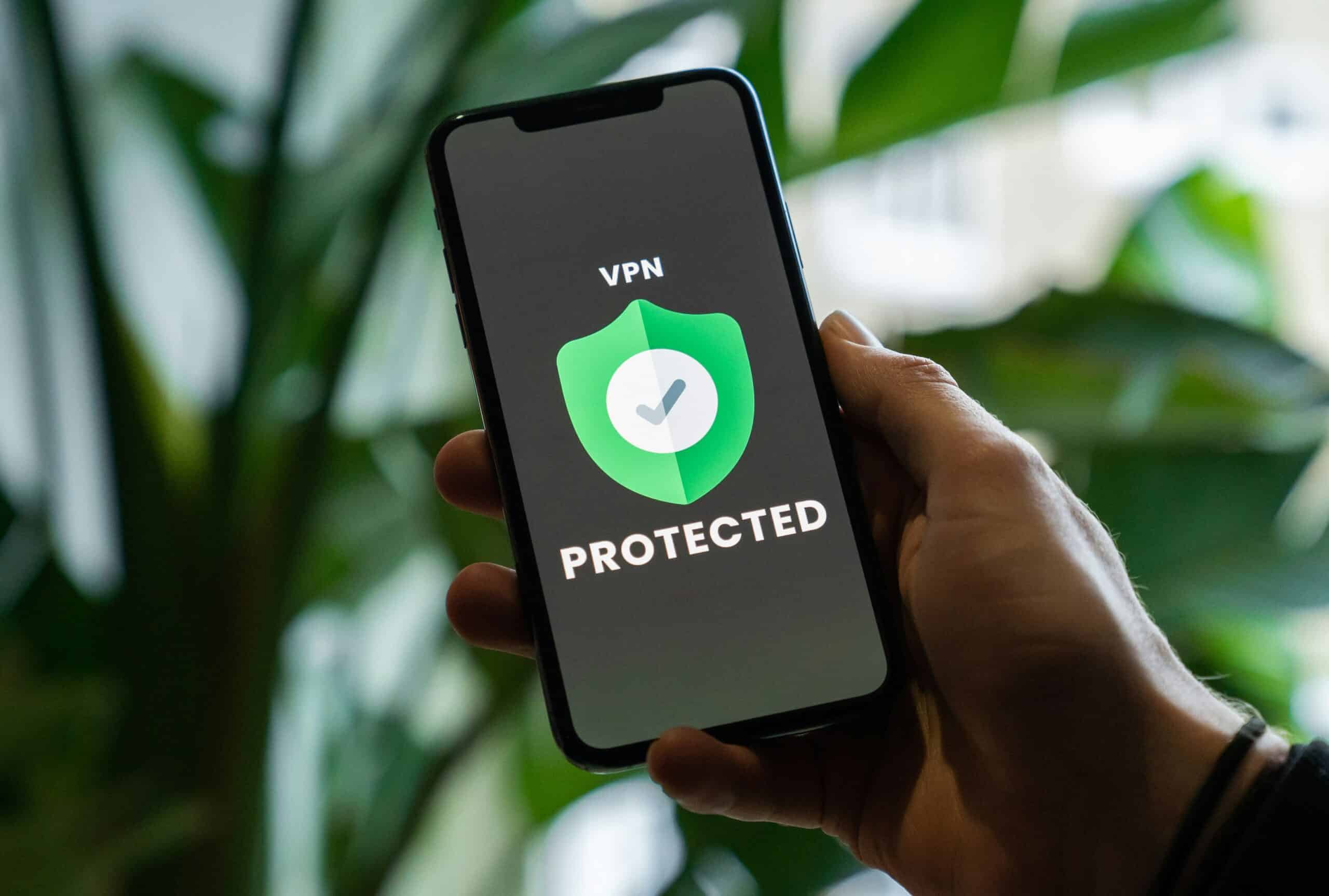In today’s digital age, small businesses face numerous cybersecurity challenges. One tool that can significantly enhance your business’s security and privacy is a Virtual Private Network (VPN). But do you really need one for your small business? Let’s delve into what a VPN is, how it works, which businesses benefit the most, and clear up some common misunderstandings about VPNs.
What is a VPN and How Does It Work?
A VPN, or Virtual Private Network, is a technology that creates a secure and encrypted connection between your device and the internet. It does this by routing your internet traffic through a remote server, effectively masking your IP address and encrypting all data transmitted between your device and the server.
Here’s a simple breakdown of how a VPN works:
- Encryption: When you connect to the internet through a VPN, your data is encrypted. This means that any information sent from your device is converted into an unreadable format, protecting it from prying eyes.
- Remote Server: Your internet traffic is routed through a VPN server located elsewhere. This masks your real IP address and assigns you a new one from the VPN server, adding an extra layer of anonymity.
- Secure Connection: The combination of encryption and rerouting through a remote server ensures that your connection is secure, making it difficult for hackers or malicious entities to intercept and decipher your data.
Businesses That Benefit from VPNs
While any business can benefit from the enhanced security and privacy a VPN offers, certain types of businesses gain more from implementing a VPN:
- Remote and Hybrid Work Setups: If your business employs remote workers or has a hybrid work model, a VPN is essential. It ensures that employees can securely access company resources from anywhere, protecting sensitive data from potential cyber threats.
- Businesses Handling Sensitive Information: Companies that handle sensitive customer data, such as financial services, legal firms, and healthcare providers, benefit greatly from the added layer of security a VPN provides.
- Small Businesses with Limited IT Resources: Small businesses often lack the extensive IT infrastructure and security measures that larger enterprises have. A VPN provides a cost-effective solution to bolster their cybersecurity defenses.
- International Operations: Businesses with international operations can use VPNs to bypass geo-restrictions and ensure secure communication between different regions.
Common Misunderstandings About VPNs
Despite their benefits, there are several common misunderstandings about VPNs that need addressing:
- VPNs Are Only for Large Businesses: Many small business owners believe that VPNs are only necessary for large corporations. However, small businesses are equally vulnerable to cyber-attacks and can significantly benefit from the security a VPN offers.
- VPNs Slow Down Internet Speed: While it’s true that routing your traffic through a VPN server can sometimes reduce speed, modern VPN services are optimized for performance and the impact on speed is often negligible.
- VPNs Are Complicated to Set Up: Many people think that setting up a VPN is complex and requires technical expertise. In reality, most VPN providers offer user-friendly applications that make setup and configuration straightforward, even for non-tech-savvy users.
- VPNs Provide Complete Anonymity: While VPNs enhance your privacy and security, they do not make you completely anonymous online. It’s important to combine VPN use with other best practices like strong passwords and regular software updates for comprehensive security.
Conclusion
In conclusion, a VPN is a valuable tool for small businesses looking to enhance their cybersecurity and protect sensitive data. Whether you have remote employees, handle sensitive information, or simply want to bolster your online privacy, a VPN can provide significant benefits. By understanding what a VPN is, how it works, and addressing common misconceptions, you can make an informed decision about whether a VPN is right for your business.
If you’re considering implementing a VPN for your small business, iPoint is here to help. Our team of IT experts can guide you through the process and ensure that you choose the best solution to meet your needs. Contact us today to learn more about how we can support your business’s cybersecurity efforts.




